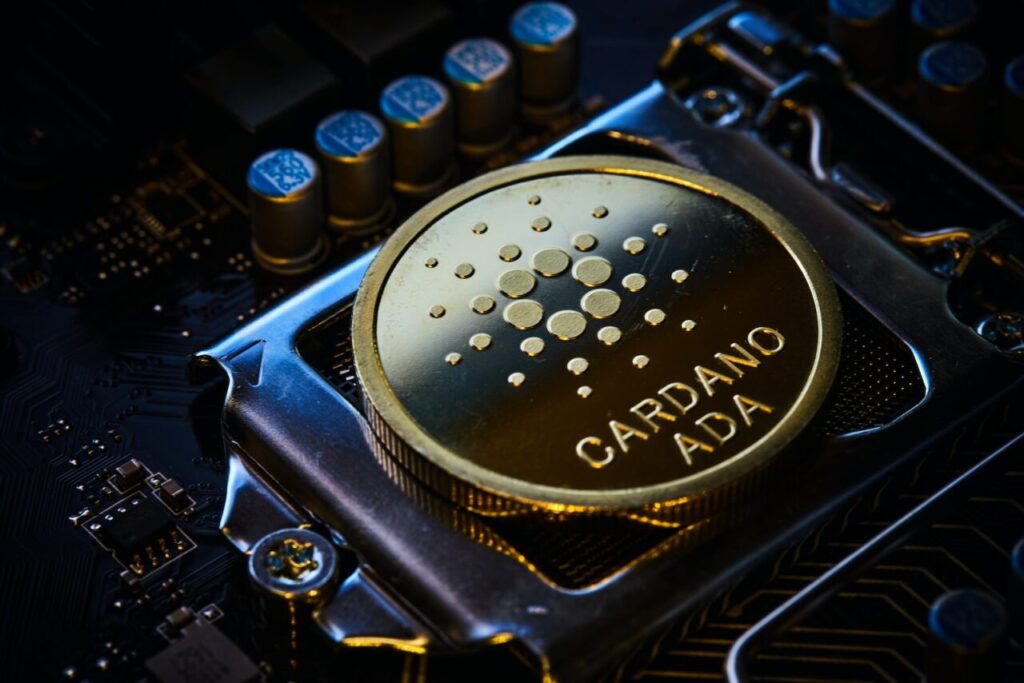Today marks the start of the five-day Cardano Vasil hard fork process, which Cardano Foundation claims will increase network performance. The popular smart contract platform will soon experience faster transaction times.
Charles Hoskinson , Cardano’s co-founder, has described it by Charles Hoskinson as the most difficult update since the project was launched in 2017.
Cardano’s hardest upgrade named the Vasil Fork will bring faster network speeds
A hard fork is when the code of a network fundamentally changes, and it requires the creation of an entirely new version of a Blockchain. They can be contentious, but they don’t always have to be.
After the Ethereum network’s merge last week, there was a hard fork. This was done to preserve Ethereum’s proof-of-work version, which relies on miners for verifying transactions.
The Vasil hard fork, however, will use Cardano’s hard-fork combinator technology. Input Output , a Cardano developer, said that the Vasil hardfork introduces new features to the blockchain without losing data from the older version.
Frederik Gregaard, Cardano Foundation CEO, told Decrypt via email that the main benefit to the Vasil hard fork will be the reduced transaction times.
He stated that Vasil will improve Cardano’s smart contract capabilities via Plutus V2, which increases efficiency to an already strong smart contract platform. It will ultimately reduce transaction execution costs and transaction sizes, as well as improve throughput.
Less code will be needed to create smart contracts after the upgrade completes
Also, it will now be possible to create Cardano smart contracts using less code after the Vasil hard fork and the upgrade to the Plutus programming language. This will be complete on September 27. This allows for lower transaction fees because there are more transactions that can be inserted into each block (or batch) on the network.
This is a significant development for Cardano deFi projects such as Indigo Protocol which has been running its synthetic asset project on Vasil testnet from July.
Indigo lets users trade synthetic versions, such as TSLA stock, of assets without actually owning them. Users can instead trade iTSLA through Indigo, which is backed up by TSLA shares.
In a blog, the company stated that “The Cardano fees incurred by Indigo users were significantly reduced by reducing script overhead for reading data on the blockchain.”










